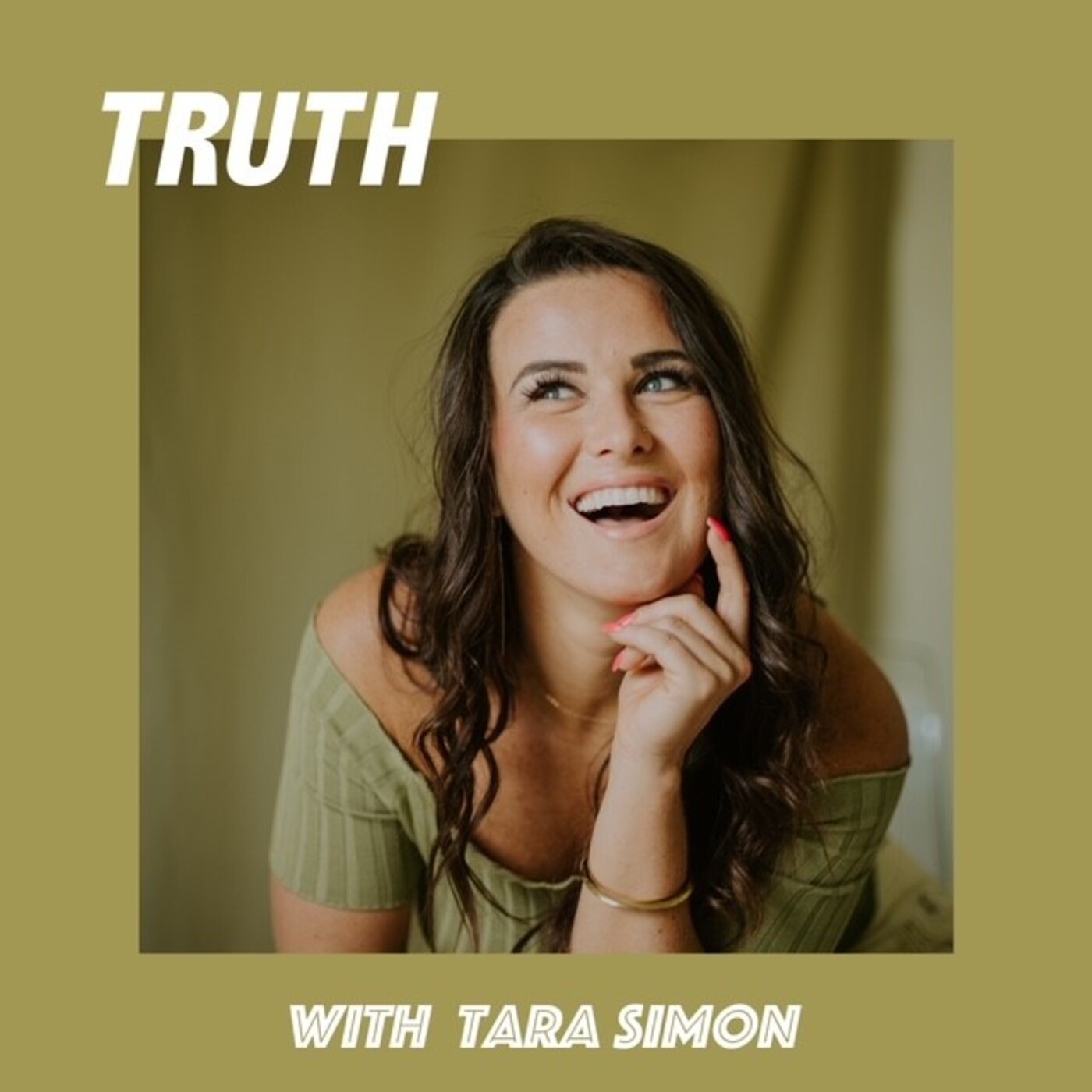What A Truth - Exploring Information And Facts
It's almost like, every single day, we encounter so much information, isn't it? From casual conversations to serious news, our minds are constantly sifting through details. And, in a way, that makes us wonder quite often about what a truth truly is. How do we figure out what's real, what's reliable, or what's simply someone's idea of things?
This idea of distinguishing between different kinds of information applies to so many parts of our lives. Whether we are looking at the career path of someone well-known or trying to make choices about our own health and well-being, the way we consider the reliability of facts becomes a pretty important skill, you know?
So, we are going to take a closer look at some examples, drawn from everyday pieces of information, to see how we might approach this idea. We'll consider how facts about a person's work history differ from claims about health products, and what that means for how we think about what a truth represents.
Table of Contents
- Biography: A Look at a Public Figure's Path
- Personal Details and Career Highlights
- The World of Entertainment: Fact or Feeling?
- Beyond the Screen: Health and Wellness
- Supplements and Science: Digging for Facts
- Customer Choices: What Guides Our Decisions?
- The Bigger Picture: Verifying Information
- Article Summary
Biography: A Look at a Public Figure's Path
When we talk about a person's life story, especially someone who is a public figure, we often encounter information that seems pretty straightforward. For instance, knowing when someone was born or what they have done in their professional life feels like dealing with solid facts. This sort of information is typically put together from various public records and announcements, which gives it a certain weight of reliability, you know?
Consider someone like Jennifer Lynn Connelly, an American actress. Her birth date, December 12, 1970, is a piece of information that is generally accepted as being quite factual. It's a specific detail that doesn't really change, and it forms a basis for her life's timeline. Her beginning in the public eye as a child model before she started acting in a 1984 crime film called Once Upon a Time in America, that's also a record of events that many sources agree upon. It's a way of setting up her story, basically.
What a Truth in a Public Career
When you look at a full list of movies and television appearances from someone's professional journey, that's an example of a factual record. It aims to give a complete picture of their work. For Jennifer Connelly, seeing her entire filmography, or finding where to watch her most recent movies and TV programs, is about getting a clear, verifiable account of her contributions to entertainment. This sort of collection of works is often put together by different groups, like movie databases or review sites, and their agreement on the details helps to show that the information is accurate. It's a pretty good example of what a truth can look like when it comes to someone's professional path.
Personal Details and Career Highlights
Here, we have a quick look at some personal details and key moments from Jennifer Connelly's professional life. This kind of information is usually presented as being quite direct and verifiable, providing a sort of basic outline of her career journey.
| Detail | Information |
|---|---|
| Full Name | Jennifer Lynn Connelly |
| Born | December 12, 1970 |
| Nationality | American |
| Career Start | Child model, acting debut in 1984 film Once Upon a Time in America |
| Notable Early Films | Phenomena (1985), Labyrinth (1986) |
| Later Films Mentioned | Hulk (2003), Dark Water (2005), Blood Diamond (2006), The Day the Earth Stood Still (2008), He's Just... |
What a Truth in Documenting Achievements
The details in the table, like a birth date or the year a person first appeared in a film, are generally considered to be quite firm facts. They are points of reference that help us understand a person's timeline. When you look at different sources, such as Rotten Tomatoes, which lets you explore a complete filmography, or Fandango, which provides movie times and reviews, they all tend to agree on these basic facts. This agreement across various platforms helps to strengthen the idea that these details are a genuine representation of what happened. It's a way of confirming what a truth looks like when we are talking about someone's documented accomplishments.
The World of Entertainment: Fact or Feeling?
How Do We Know What a Truth Is About a Film?
When we talk about movies, there are some things that are definitely facts, like the year a film came out or who was in it. For instance, knowing that Jennifer Connelly was in Hulk in 2003, or that she worked with Nick Nolte again in that film, those are pretty clear pieces of information. The same goes for her appearances in Dark Water from 2005, Blood Diamond in 2006, and The Day the Earth Stood Still in 2008. These are all verifiable parts of her acting history, you know?
However, when we start talking about whether a film is "good" or "critically acclaimed," or if a movie like Labyrinth is a "musical fantasy," we are moving into an area that's a bit more about interpretation or shared experience. A "roundup article" that highlights the "best of" her movies, like her role in A Beautiful Mind, is presenting a viewpoint. It's someone's opinion, or a collection of opinions, that forms a kind of truth about the film's quality or impact. So, while the fact of her being in a movie is a fixed truth, the assessment of that movie's artistic value is a more fluid kind of truth, shaped by many different perspectives. It's interesting to consider how what a truth can be seen differently depending on whether it's a simple fact or a shared feeling about something.
Beyond the Screen: Health and Wellness
What a Truth in Daily Well-being
Moving from the world of movies, we also encounter different kinds of information when it comes to our health and how we live our lives. There are some widely accepted ideas about staying healthy that many people would agree are generally true. For example, the idea that eating a healthy diet, one that has a lot of fruits and vegetables, is important for overall good health, that's something that is very commonly understood and supported by many sources. This kind of information is often presented as a basic principle for living well.
But then, there are other pieces of information that come into play, particularly when we start looking at products that are meant to help us meet our nutritional needs, like vitamins and supplements. These products often come with claims about how they can improve our health, and that's where the idea of what a truth can get a little more nuanced. It makes you think about how we evaluate these claims and decide what is truly beneficial for our bodies.
Supplements and Science: Digging for Facts
Is What a Truth Always Clear with Supplements?
When it comes to things like vitamins and health supplements, the information we get can sometimes feel a bit different from a simple fact about a movie. For instance, you might see claims about "discount supplements" or "top vitamin and supplement brands" that promise "optimal health." These are statements that suggest a particular benefit or value. The question then becomes: what's the actual truth behind these claims? Is something truly "optimal" for everyone, or does that depend on individual circumstances? It's a bit more complex, you know?
The text mentions that "most people can benefit from vitamins, minerals," and that "supplementation can also help you meet your nutritional needs." These are statements that sound pretty general. While it might be true that many people could get some advantage from certain supplements, the specific benefits can vary a lot from person to person. So, the "truth" here might be more about a general possibility rather than a guaranteed outcome for every single individual. Companies like Vitacost.com aim to be your place for "healthy living & eating," offering a range of products. This presents a particular perspective on health, where supplements are a key part of reaching that goal. It makes us consider how marketing and general advice interact with what a truth really means for our bodies.
Customer Choices: What Guides Our Decisions?
What a Truth Means When Making a Purchase?
When we decide to buy something, especially items like health products, we consider many different pieces of information. It's not just about whether the product itself works, but also about the whole experience of getting it. For example, the text talks about getting "the best value with weekly deals," or having "fast, affordable shipping," and even "customer rewards." These are all things that contribute to our perception of what a good purchase is. They create a kind of truth about the overall worth of the deal, rather than just the item itself.
So, while the scientific truth about a supplement's effectiveness might be one thing, the "truth" that guides a customer's choice can be something else entirely. It might be about convenience, cost savings, or even the feeling of getting a special offer. Buying movie tickets in advance, finding movie times, or reading reviews on Fandango are also examples of how different pieces of information come together to help us make a decision. The collective "truth" of a good movie-going experience involves the film itself, yes, but also the ease of access and what others have said about it. It's interesting how what a truth can be a combination of many different factors when we are making choices as consumers.
The Bigger Picture: Verifying Information
How Can We Find What a Truth Is in Different Areas?
Looking at both the information about a public figure's career and the details surrounding health supplements, it becomes pretty clear that finding "what a truth" is often about more than just accepting the first piece of information we come across. Whether it's checking a movie database to see a complete list of someone's roles or evaluating claims about "optimal health" from a supplement brand, the way we approach information matters quite a lot. It means thinking about the source of the information, whether it's a factual record or an opinion, and how widely that information is supported by other reliable sources.
For something like a birth date or a film title, the truth is generally fixed and easily verified across many platforms. But for things like the "best" movies or the "optimal" health supplements, the truth can be more subjective or require a deeper look into scientific evidence and personal needs. So, in some respects, figuring out what a truth is involves understanding the context of the information and using different ways to check its reliability. It's about being thoughtful about what we take in and how we use it to make sense of the world around us.
Article Summary
This discussion looked at how we encounter various kinds of information in our daily lives, from details about a public figure's career to claims made about health products. We explored how factual records, like a filmography, present a clear type of truth, while subjective assessments of entertainment or broad claims about supplements can involve a different kind of truth. The piece considered how consumer choices are influenced by a mix of product details and purchasing benefits. Ultimately, it highlighted the different ways we might approach what a truth means depending on the information we are considering.

The Truth Matters

107393633-1711553838607-gettyimages-2111708727-truthsocial-3.jpeg?v

Page 2 | Truth with Tara